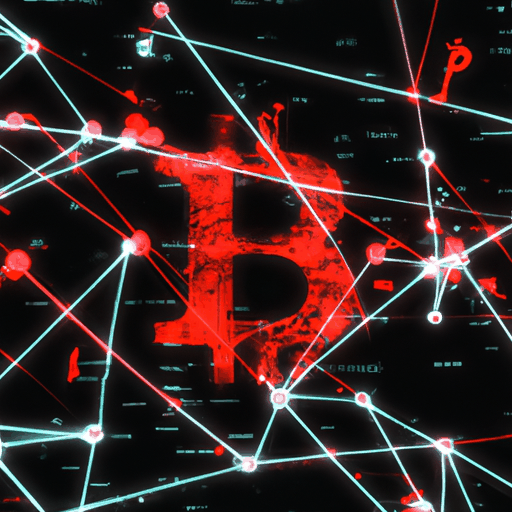
Bitcoin Core V30 Release Ignites Community Debate Over OP_RETURN Changes
By: Eliza Bennet
Bitcoin Core has released its major v30 update, creating mixed reactions within the Bitcoin community. The update introduces several significant changes, including the optional encrypted connections between nodes for enhanced privacy and an increase in the OP_RETURN data limit, moving from 80 bytes to a substantial 100,000 bytes. This change enables a much larger amount of non-financial data to be embedded in Bitcoin transactions.
Historically, OP_RETURN has allowed users to attach metadata like text, images, or digital signatures to Bitcoin transactions without altering their monetary function. The substantial expansion of this limit, coupled with the introduction of multiple OP_RETURN outputs per transaction, allows node operators running v30 to process more complex data structures, including NFT-style inscriptions and application metadata, without needing manual configuration.
While some developers and analysts, such as Adam Back, view this as an opportunity for innovative on-chain experimentation, others see potential downsides. Critics are worried about blockchain bloat and increased fee pressure should users disseminate oversized data files. The concern is validated by current data showing inscriptions and OP_RETURN transactions already represent a considerable portion of Bitcoin transactions by count and fees. Prominent developer Luke Dashjr has expressed concerns, describing v30 as "malware," asserting this change facilitates spam outputs and further complicates transaction processes.
Amidst this divide, ideas have been floated to find a compromise. Notable cryptographer Nick Szabo suggested deprecating the use of OP_RETURN for future financial transactions while retaining the older versions. Furthermore, the proposal of an OP_Return2 mechanism, which allows transactions to commit to hashes of larger external data without mandating full nodes to validate or store such data, has been discussed. Despite the potential of these proposals, challenges remain, such as incentivizing miners to incorporate these transactions without significant fee-driven motivation.



